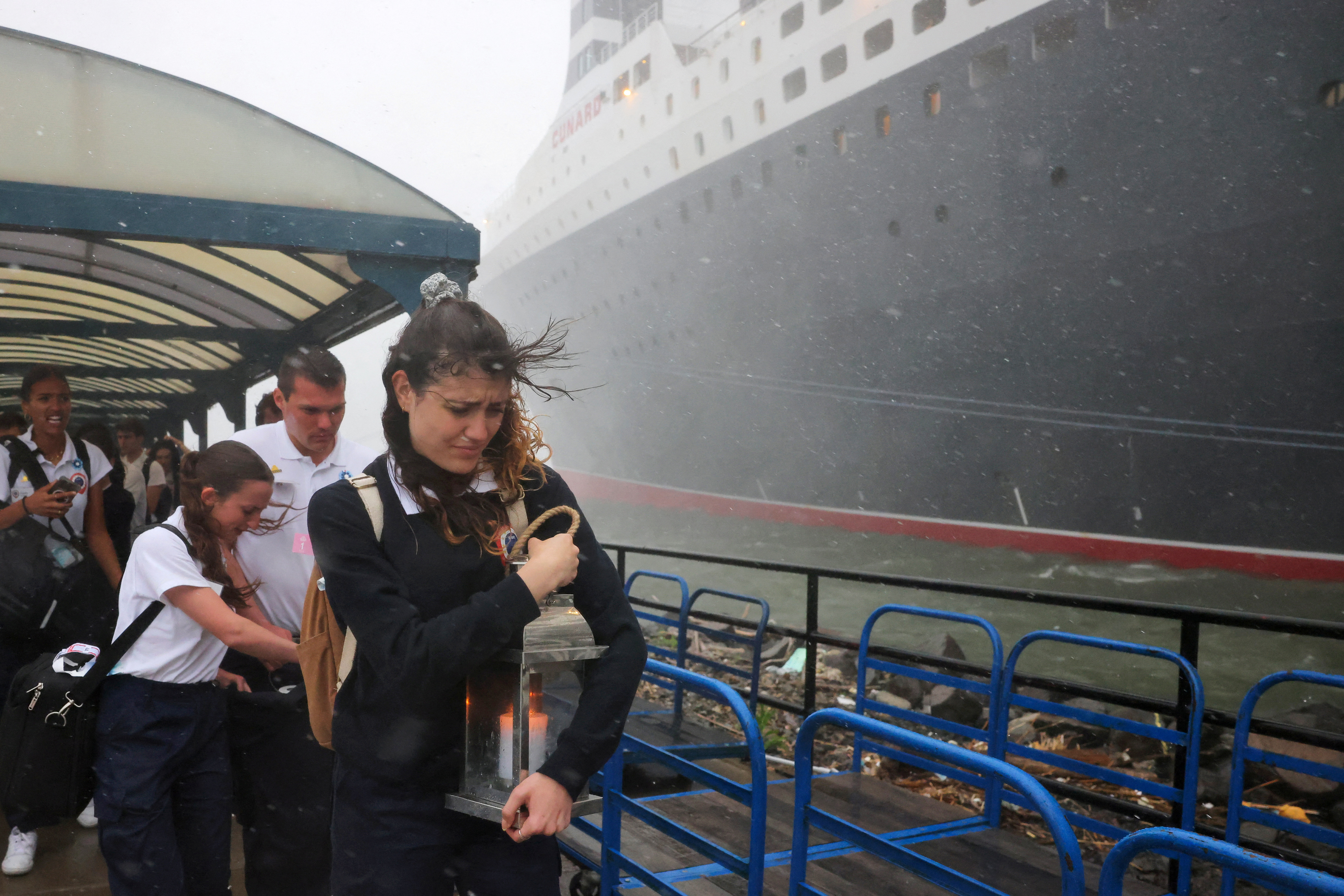Russia will not be invited to events marking the 80th anniversary of the Second World War’s D-Day landings next week given its war of aggression against Ukraine, the French presidency said on Thursday.
Organisers had said in April that President Vladimir Putin would not be invited to the events in France, but that some Russian representatives would be welcome in recognition of the country’s war-time sacrifice.
Prior to France’s announcement on Thursday two diplomatic sources told Reuters that the Ukraine war and unease among some allies about Moscow’s presence had led Paris to reverse its initial thinking.
The commemorations will be attended by dozens of heads of state and government, including Ukrainian President Volodymyr Zelenskiy and U.S. President Joe Biden.
Briefing reporters ahead of next Thursday’s anniversary, a French presidency official confirmed Russia’s absence and that Zelenskiy had been invited given his country’s “just fight” in the war against Russia.
“Russia has not been invited. The conditions for its participation are not there given the war of aggression launched in 2022, which has only increased these last weeks,” the official said.
Russia is advancing modestly but steadily in eastern Ukraine as two years of war saps Ukraine’s ammunition and manpower.
Earlier this month, three other EU diplomats told Reuters that a number of states from the bloc had said they would be uneasy if Russia attended.
More than 150,000 Allied troops launched the air, sea and land D-Day landings in Normandy on June 6, 1944, an operation that ultimately led to the liberation of western Europe from Nazi Germany.
The Soviet Union lost more than 25 million lives in what it calls the Great Patriotic War and Moscow marks the victory with a massive annual military parade on Red Square.
Russians officials have attended D-Day ceremonies in the past. During the 70th-anniversary events in 2014, Putin along with the then-leaders of France, Germany and Ukraine set up the so-called Normandy format – a contact group aimed at resolving the conflict between Ukraine and Russia, which then focused on the Donbas and Crimea regions.
“When there’s a person, there’s a problem. When there’s no person, there’s no problem,” said one of the diplomatic sources using a quote offormer Soviet leader Josef Stalin’s, to describe the decision to not invite Russia.






Click here to change your cookie preferences